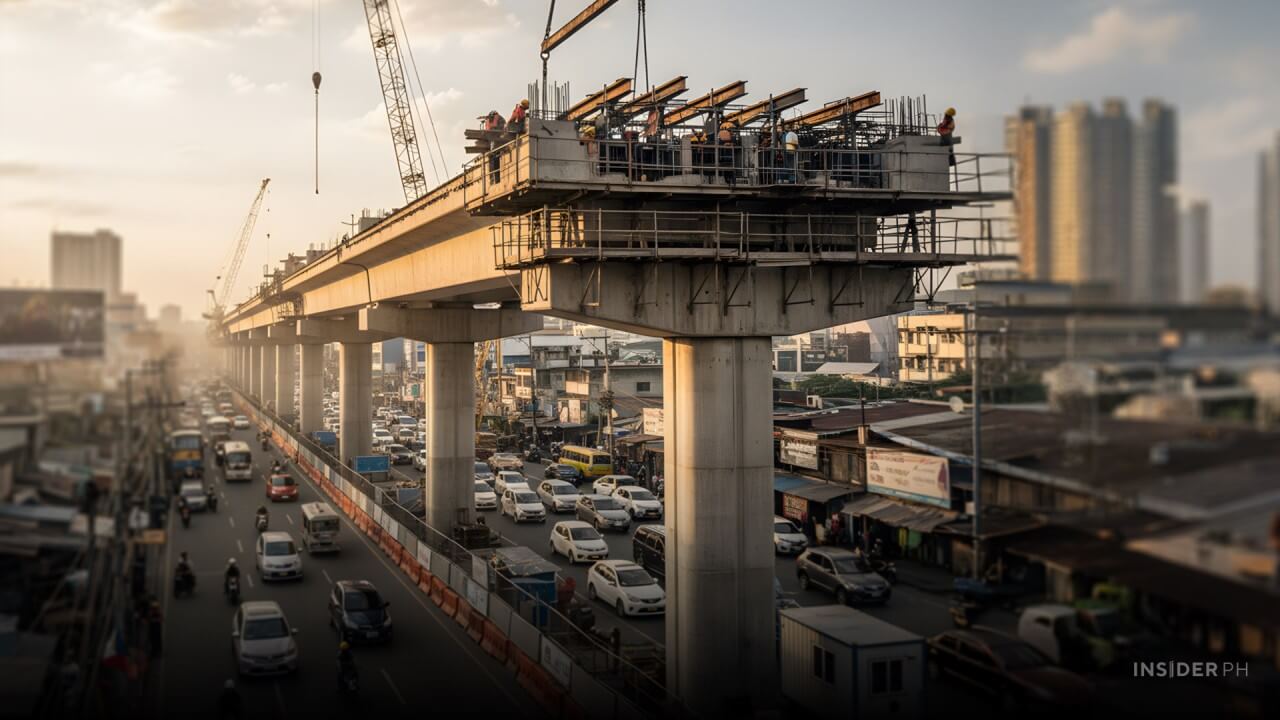

One of the biggest hurdles in the Philippine PPP landscape is right-of-way (ROW) acquisition. Without timely access to land, even the most financially sound projects can stall or face costly delays, regardless of their long-term viability.
Republic Act No. 12289, or the Accelerated and Reform Right-of-Way (ARROW) Act, was enacted precisely to break these bottlenecks. It equips government agencies with sharper tools to acquire land for both national and local projects, including those implemented under the PPP Code of the Philippines (RA 11966).
ARROW expressly covers national government infrastructure projects implemented through PPPs, aligning ROW processes with private sector participation.
The challenges of delayed ROW
Past infrastructure rollouts highlight how unresolved ROW issues create a domino effect:
For PPPs where the private partner shoulders upfront costs and is repaid through revenues, subsidies, or availability payments, ROW delays translate into higher risk, greater financing costs, and weaker project bankability.
RA 12289: Key innovations
The ARROW Act introduces reforms designed to remove uncertainty and accelerate implementation:
Accelerating PPP implementation
The ARROW Act directly complements the PPP Code by reinforcing the principle that right-of-way (ROW) acquisition is primarily a government responsibility.
With clearer processes, dedicated funding, and standardized valuation, implementing agencies and government-owned and -controlled corporations (GOCCs) can now give private proponents greater confidence that project sites will be cleared on time.
With ARROW, the Philippines takes a step closer to global best practice, where ROW risks are minimized, allocated fairly, and resolved transparently. The law:
Conclusion
The road to accelerated PPPs runs through accelerated ROW. By removing one of the greatest barriers to project rollout, the ARROW Act paves the way for the faster delivery of essential services.
Faster PPPs mean faster access to modern infrastructure—and faster access means inclusive growth, resilience, and a better quality of life for Filipinos—sooner rather than later.

Contributor